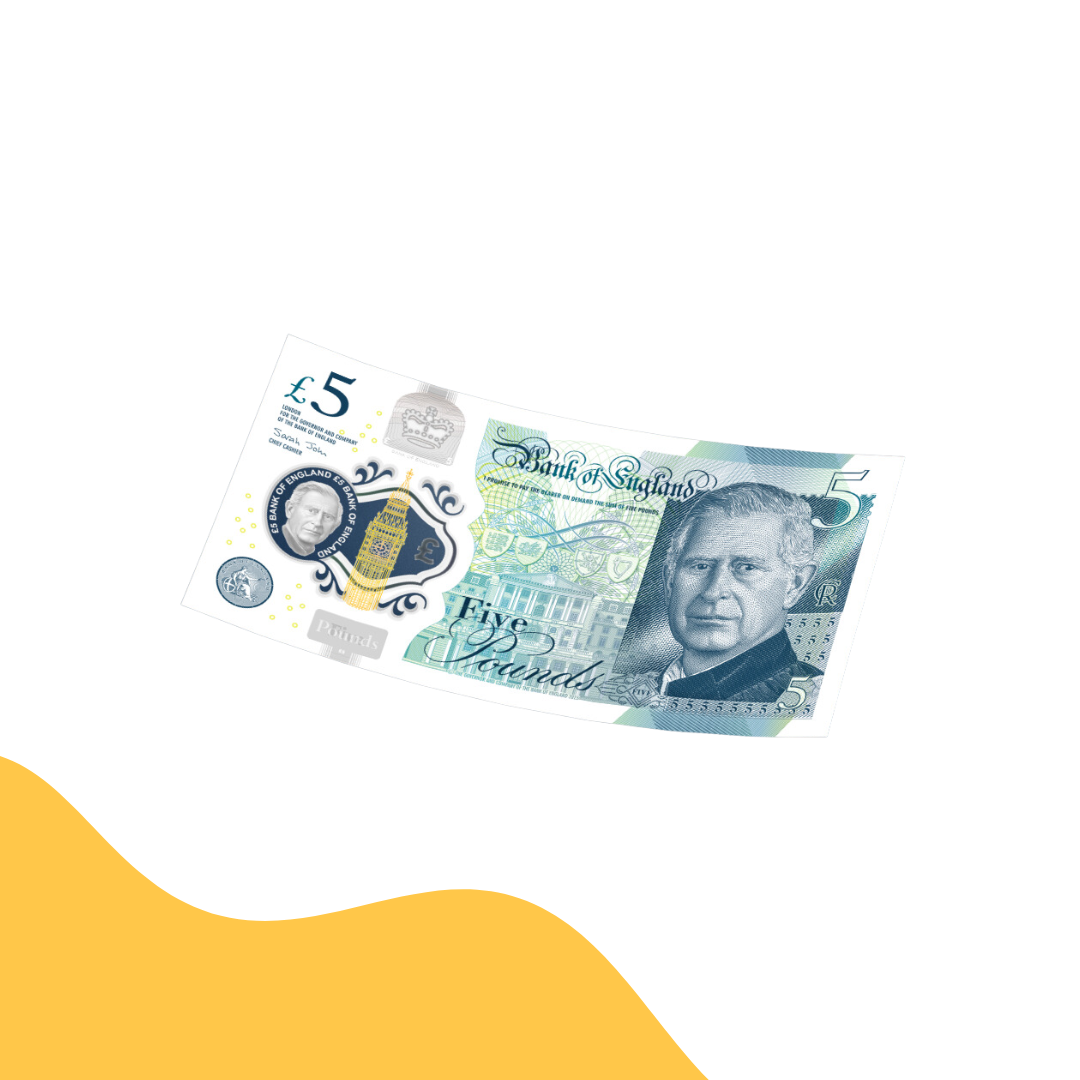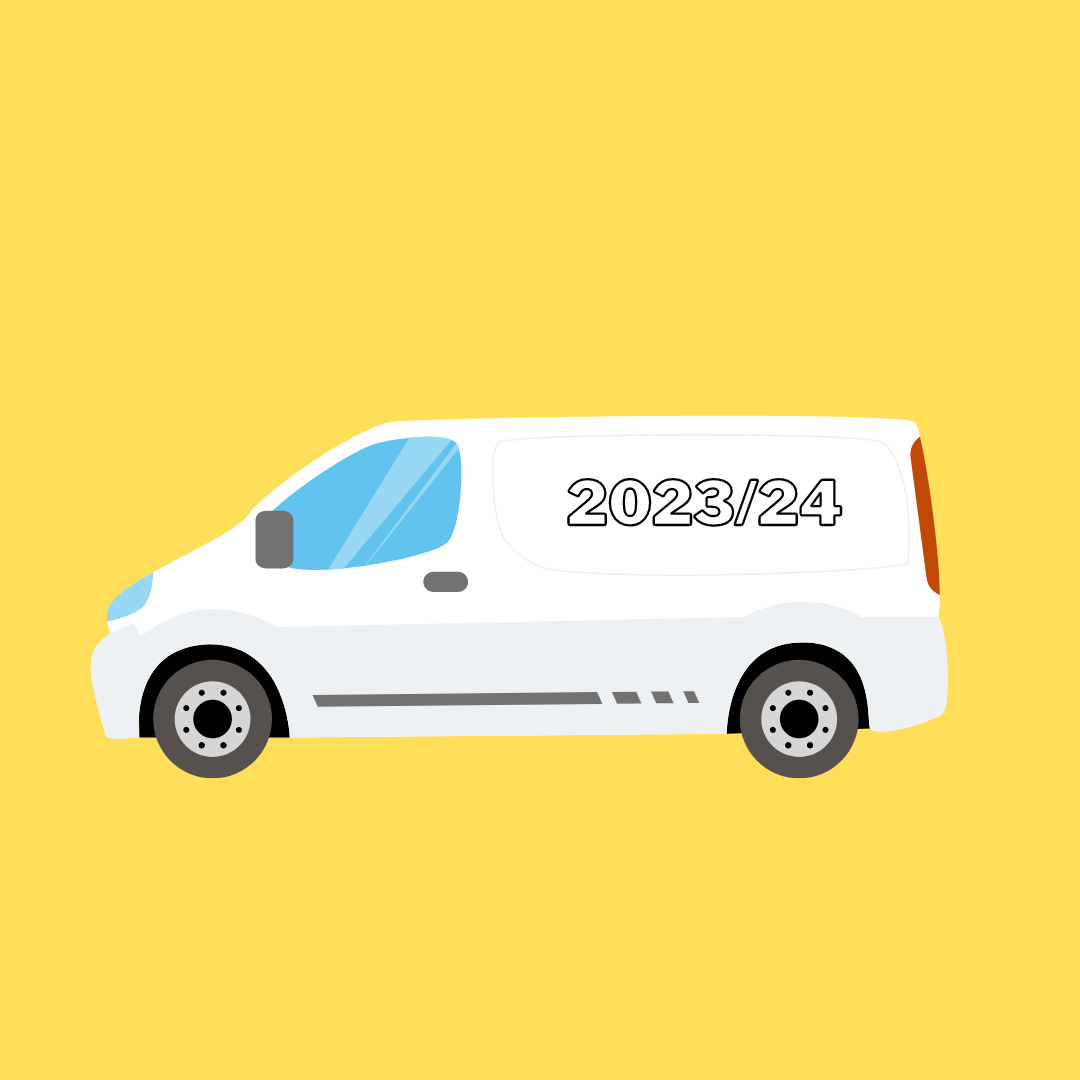Need a hand with your Self Assessment tax return?
2022/23 Self Assessment Tax returns from £180 inc VAT
How can we help?
Register with HMRC
Prepare and submit your tax returns
Estimate tax bills
Evidence earnings for mortgage applications
Deal with HMRC on your behalf
Deadlines
For 2022/23 Tax Returns, the period started on 6th April 2022 and ends on 5th April 2023. You must register for self-assessment before 5th October 2023.
Online returns are due by 31st January 2024.
Any tax owed in the 2022/23 period is also due by 31st January 2024.
There’s an additional payment deadline of 31 July if you make advance payments towards your bill (known as ‘payments on account’).
We would advise submitting your return at the earliest opportunity so you can be prepared for any tax bill & this allows us to provide you with the very best advice.
(priced offer available until 17th September 2023)
In order for us to draft your personal tax return we would be grateful if you could provide what is relevant to you from the list below.
What information do I need to provide?
General
A schedule of any bank and/or building society interest received, gross, tax and net figures.
Details of any share dividends.
Amount of any Child Benefit received.
Does your partner earn more than £50,000 per annum?
If you have any student loans.
Details of any further monies received from any source not covered above, so we can consider if it needs to go on your Tax Return.
Details of any pension contributions other than through employer pension schemes.
Amount of any Gift Aid Charitable payments.
Details of your spouse's income if below £12,570 so we can consider the marriage allowance.
For PAYE, Self Employment & more see here
Penalties
You’ll get a penalty if you need to send a tax return and you miss the deadline for submitting it or paying your bill.
You’ll get a penalty of £100 if your tax return is up to 3 months late. You’ll have to pay more if it’s later, or if you pay your tax bill late. You’ll also be charged interest on late payments.
You can appeal against a penalty if you have a reasonable excuse.
Frequently Asked Questions
Q: How to get my UTR number?
A: Your UTR is a Unique Taxpayer Reference that you get when you register as self-employed. It consists of ten digits (sometimes with a letter K at its end) and is issued to you by HMRC.
If you have registered for self-assessment in the past with HMRC you can find your UTR number:
On the front page of previous your tax returns
On any Self Assessment documents, HMRC has sent you such as notices to file a return and payment reminders
In your online government gateway account under the "self-assessment" section.
You can get it by registering for self-assessment at HMRC. The process consists of 4 key steps.
Before you start make sure you have your National Insurance number to hand.
Register for HMRC's online service at the Government Gateway
Then use the service to enrol for self-assessment
After enrollment HMRC will send your UTR activation code in the post
Activate your UTR number online using the activation code.
HMRC says your UTR activation code will arrive via post within 8 weeks. In our experience, it happens much faster. It is important to remember that once you have the code you have 28 days to use it for UTR activation.
Q: Can I be both employed and self-employed?
A: Yes!
You may need to register as a sole trader or if you work for a company you may need to check that you are paying the correct amount of tax.
If you own your own business you are actually both an owner
("shareholder") and employee of your own company ("director"), but not self-employed.
Please see our Annual Financial Accounts page for more information.
Q: What are the most common self-assessment mistakes?
Forgetting about deadlines
Forgetting about tax relief
Forgetting about payments on account
Getting your tax code wrong
Forgetting to declare salary, benefits, and reimbursements from PAYE
Get in touch today - message us



